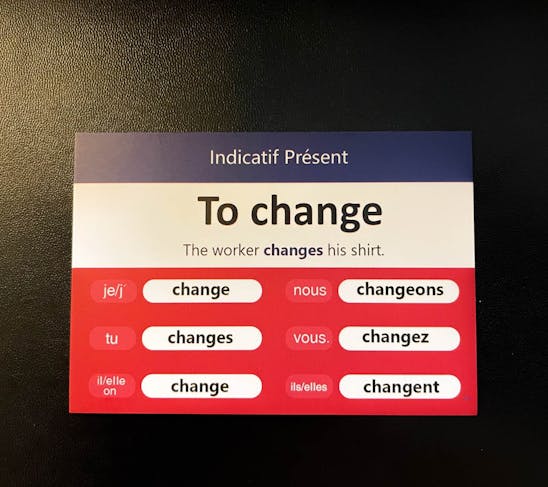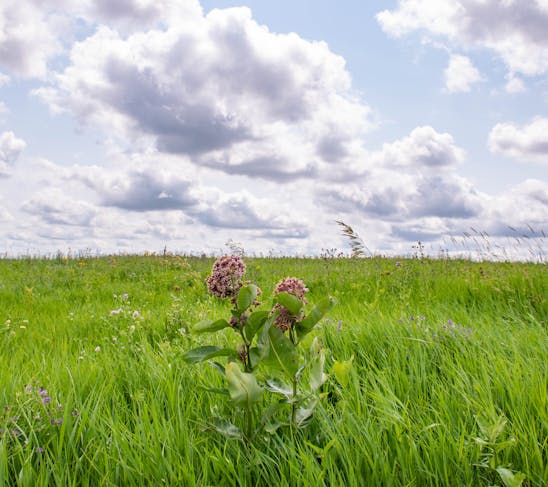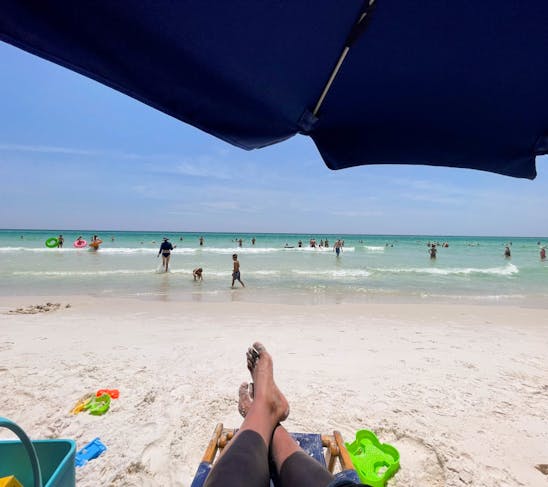It's 2:30 p.m. on Tuesday, July 14, 2020, and I’m on a flight back to Texas for the first time since I left in January. It seems like a lifetime ago. So much has changed from then to now illustrated best by the mask on my face and the bottle of hand sanitizer in my pocket. I have a lot to catch up on while I’m home, but I’m mostly looking forward to seeing my family and celebrating my birthday in the Texas hill country.
I spent most of March in relative isolation at my girlfriend’s place in New Jersey. Just a few visits to some nearby state parks before the governor decided to close those on April 7. That’s when I threw out my former travel itinerary and began charting a new path across the Pennsylvania state line toward Gettysburg National Military Park.
History has always fascinated me. As a college freshman in 2001, I mistakenly enrolled in an upper-level Middle Eastern history class. It was one of the most challenging courses during my four years at CU-Boulder, and I probably would have dropped it all together if not for the events of September 11. The class took on a whole new meaning after that. Learning about Middle Eastern history, religion and culture helped me cultivate tolerance during a time of increased xenophobia and offered valuable insight into the complex dynamics occurring in the world at that time.
To supplement my Journalism degree, I declared a minor in History with an emphasis in U.S. history. One of my favorite classes was American History through 1865 because I learned the political, geographical and social conflicts that helped shaped the United States into the country it is today. A visit to Gettysburg, Pennsylvania, the site of the largest battle of the Civil War, had always been on my bucket list, and on April 15, I took Honcho on a self-guided audio tour of the battlefield.
There has been much debate recently about removing Confederate statues even at historical locations like Gettysburg. I would argue some of the most impactful parts of the tour for me was seeing these different monuments because they provided a personal touch that not only brought the battlefield to life, but more importantly reminded me of the ultimate cost that was paid to secure the civil rights I enjoy today.

Growing up in south Texas means I have a deep-seeded appreciation for my home state despite its checkered past. Visiting places like Little Round Top at Gettysburg, arguably the turning point of the battle and quite possibly the Civil War itself, held additional significance knowing that General Hood’s legendary Texas Brigade fought and died on those hollowed grounds.
Growing up in south Texas also means I have experienced my share of racism and can empathize with the recent demands for inclusion and social justice sweeping across the country. As a kid in the 80’s, every time I saw a police officer, I remember my brother and I would run up and ask for baseball cards. Police officers in my hometown at that time always carried trading cards in their front shirt pockets and gladly handed them out upon request. I don’t know why or when this tradition stopped but it helped ingrain in me a healthy trust for the police at an early age.
There have been two encounters in my adult life, however, that have chipped away at this trust. The first occurred around 10 years ago when a police officer in Fort Worth, Texas, threatened to arrest me during a routine traffic stop simply because I asked to read my citation before signing. The second happened recently on May 26, one day after the death of George Floyd, the black man who was killed in Minneapolis and whose death launched the recent wave of Black Lives Matter protests.
It was Memorial Day weekend and I was driving along the southwestern corner of New Jersey, taking pictures of shorebirds along the Delaware Bay. I ended up at a secluded lighthouse just before dark and parked in an empty lot at the end of the road. I introduced myself to one of the locals and asked him if it would be ok if I parked for the night. He assured me it was not be a problem, so I sent my GPS location to my family and went to sleep.
The next morning, I woke up to commands from an officer on a loud speaker telling me to, “Come out with your hands up.” I didn’t think much at first. There have been two other incidents on my road trip that a cop or overnight security guard has knocked on my window. I expected the officer standing outside my van this time to simply ask me to leave, or worse write me a ticket.

I slowly opened the driver’s side door and stepped out with my hands raised. Once outside, I counted six New Jersey State Police vehicles surrounding my van and saw officers pointing guns at me from all directions. I quickly realized this was no ordinary stop. The voice on the loud speaker ordered me to raise my shirt to show them I was not carrying any weapons.
I did as commanded, knowing that any sudden movements could cost me my life. I was eventually handcuffed and questioned, and Honcho was searched despite the fact that the police report I have obtained since conveniently states otherwise. It turns out the police had received a tip just before sunrise from a caller who claimed I matched the description of a wanted serial killer from Connecticut who had crossed into New Jersey a day or two before.
Once the cops realized they had the wrong guy, they uncuffed me and went on their way like nothing had happened. I tried to do the same, but after the adrenaline faded, I realized I was in no mood to continue with my trip so I returned to my girlfriend’s house to regroup. Six weeks have since passed, but I realize the memory of that morning will never fully fade. Similar to the lessons in tolerance I learned from taking that Middle Eastern history class nearly 20 years ago, I must choose to view this experience as a crash-course lesson in empathy and compassion for others facing similar situations.
We all have dark images in our pasts, but it doesn’t mean these images need to be forgotten or even erased. Every experience, good or bad, is an intrinsic part of who we are as individuals because it helps shape our views and beliefs. As Americans, we can choose to focus on the negative, or we can choose to press forward and develop new, brighter images to pass onto future generations. One of the ways I try to do this is through the nonprofit organization I co-founded with my twin brother, Impossible Possibilities, that provides education programs for students in underserved communities.
The other way is by traveling this beautiful country, meeting different kinds of people, and taking as many pictures as I can along the way. The past few months, I have explored six new states, hiked four high points and visited beaches up and down the Atlantic Coast. I spotted bald eagles soaring high above the Delaware skies, saw wild horses running free in Maryland and have witnessed more beautiful sunsets than I can count. I have stored new mental pictures in my memory to replace all the bad images of my past, and I know there’s even bigger adventures waiting for me just around the corner.
Follow me on Instagram at @Joshua_Maven or @HonchotheVan, on Twitter @MaventheRaven or Facebook at Facebook/TheLastImperial.

Midlife Revival
It’s Friday, July 11, 2025, and I just completed my second French lesson of the week. I’ve been working with an online tutor for the past six months in hopes of communicating with my 22-month-old son as he advances in his mother’s native tongue. I’ll be honest, learning a new language has proven quite the challenge. My tutor insists that I’m making progress, but it rarely feels that way to me.

Postcards to Samuel
It's 8:00 p.m. on Wednesday, July 31, 2024, and I'm trying something a little different with this post. Instead of my usual blog format, I compiled a series of postcards that I wrote to my 10-month-old son, Samuel, during a two-week road trip I recently took to the Great Lakes. I plan to give him these postcards, along with others from future trips, when he's older in hopes that they will inspire him to chase his own dreams, whatever those might be.

False Summit
It’s 12:00 p.m. on Sunday, July 30, 2023, and I’m lounging at the beach enjoying the white sands and green waters of Florida’s Emerald Coast. Today is my 40th birthday and a relaxing getaway is exactly what I needed after a two-week road trip out west, where I hiked the highest peaks of Colorado and Arizona. The reasoning behind my latest excursion was simple: if I’m going to be “over the hill,” then I might as well be standing on top of a mountain.

